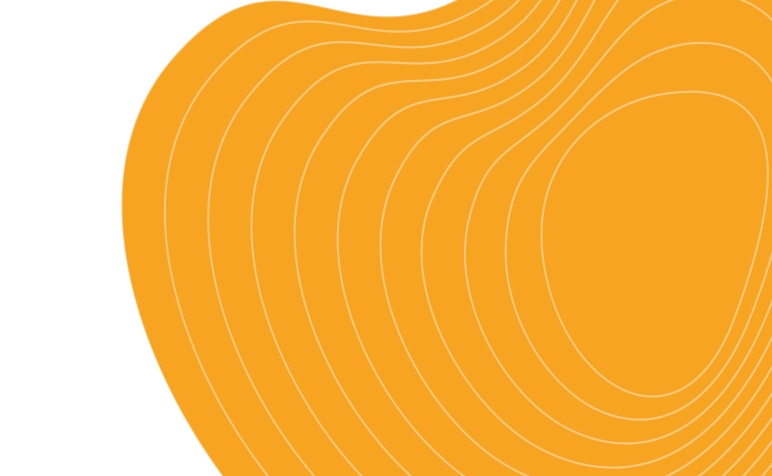
Licensed Practical Nursing (LPN) programs are designed to prepare students for essential roles in patient care, focusing on clinical skills, medical knowledge, and compassionate patient interactions. This program combines coursework and hands-on clinical practice, providing the foundational skills and knowledge needed to work as an LPN in various healthcare settings. Here’s an overview of the core courses, elective options, and potential career paths for Licensed Practical Nursing graduates.
Core Courses in an LPN Program
Introduction to Nursing and Health Care Systems
Covers the structure of healthcare systems, the nursing profession, and the role of an LPN within the healthcare team.Anatomy and Physiology for Nurses
Introduces students to the human body’s systems, structures, and functions, with a focus on applications relevant to nursing care.Pharmacology for Practical Nurses
Teaches medication administration, dosage calculations, and understanding the effects of common medications on patients.Fundamentals of Nursing
Covers essential nursing practices and patient care skills, such as taking vitals, patient hygiene, and positioning techniques.Medical-Surgical Nursing
Provides knowledge on surgical care, wound care, and managing acute and chronic conditions in various clinical settings.Maternal and Child Nursing
Focuses on prenatal care, childbirth, and postpartum care, as well as nursing care for newborns and children.Geriatric Nursing
Emphasizes care for older adults, with an understanding of aging processes, common health issues in geriatrics, and palliative care principles.Mental Health Nursing
Introduces mental health concepts, including common mental health disorders and therapeutic communication with patients facing mental health challenges.Nutrition and Diet Therapy
Discusses the role of nutrition in health, specific dietary needs for different medical conditions, and feeding techniques in patient care.Clinical Practicum
Provides supervised hands-on experience in a healthcare setting, allowing students to apply their nursing skills in real-world scenarios.
Elective Courses for Specialization
Pediatric Nursing
A specialized course focusing on caring for infants, children, and adolescents in clinical settings, addressing specific health needs.Advanced Wound Care and Management
Teaches wound assessment, dressing types, and advanced wound care techniques beneficial in hospitals and long-term care.Community Health Nursing
Covers healthcare delivery within communities, focusing on public health practices, preventive care, and family health education.IV Therapy and Medication Administration
Provides advanced training in administering intravenous (IV) therapy, a common requirement in many nursing roles.End-of-Life and Palliative Care
Focuses on providing compassionate care for patients with terminal illnesses, including pain management and emotional support.
Common Career Paths for LPN Graduates
- Licensed Practical Nurse (LPN) – Assisting RNs and physicians in various healthcare settings, including hospitals, clinics, and long-term care facilities.
- Home Health Care Nurse – Providing nursing care to patients in their homes, often involving elderly or disabled individuals.
- Hospice Nurse – Working with terminally ill patients to manage pain and ensure comfort in end-of-life care.
- Geriatric Nurse – Specializing in care for older adults in nursing homes or assisted living facilities.
- Pediatric Nurse – Caring for infants, children, and adolescents in pediatric clinics or children’s hospitals.
Get Qualified for a Career in Healthcare
Licensed Practical Nursing programs are comprehensive and focused on providing students with the foundational knowledge and hands-on skills needed for entry-level nursing positions. Core courses cover a range of topics, from anatomy to pharmacology, while elective options allow students to specialize in areas like pediatric nursing or IV therapy. Upon graduation, LPNs are qualified for fulfilling careers in healthcare, where they play a crucial role in patient care and health management.
More reading:





